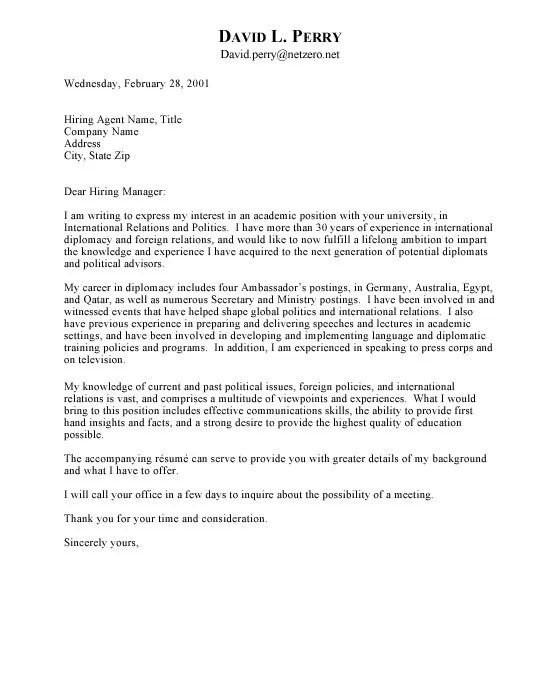Increasing website traffic is a primary goal for most website owners. More traffic often translates to more leads, sales, and brand awareness. However, simply having a website isn’t enough. You need a strategic approach to attract visitors. This guide provides five key tips to help you boost your website traffic effectively. Implementing these strategies can significantly improve your website’s visibility and attract a larger audience, ultimately contributing to your online success.
Understand Your Audience
Before you start promoting your website, it’s crucial to understand who you’re trying to reach. Knowing your audience’s interests, needs, and online behavior allows you to tailor your content and marketing efforts for maximum impact. This foundational understanding ensures that you’re speaking directly to the people most likely to become customers or engage with your brand. Without a clear understanding of your audience, you risk creating content that misses the mark, resulting in wasted time and resources.
Identify Your Target Audience
Define your ideal customer. Consider factors like age, location, interests, and online habits. Create detailed buyer personas to represent different segments of your audience. This will guide your content creation and marketing strategies. Understanding your target audience is the first step in creating content that resonates and attracts the right visitors to your site. It helps you focus your efforts and avoid wasting time on audiences who aren’t a good fit for your offerings.
Analyze Audience Demographics

Use analytics tools (e.g., Google Analytics) to gather data about your existing website visitors. This data can provide valuable insights into your audience’s demographics, interests, and behavior. Analyze the data to identify patterns and trends. This will help you refine your understanding of your audience. Analyzing demographics helps you confirm or adjust your initial assumptions about your target audience, ensuring your content and marketing efforts are aligned with their actual characteristics.
Create Compelling Content
High-quality, engaging content is the cornerstone of attracting and retaining website visitors. Your content should provide value to your audience, address their needs, and answer their questions. This can be achieved by writing informative blog posts, creating helpful how-to guides, and producing interesting videos or infographics. Consistent creation of valuable content will improve your search engine rankings and establish your website as a trusted source of information.
Content Planning
Develop a content calendar to plan your content creation. Research trending topics and keywords relevant to your audience’s interests. Ensure that your content addresses the needs and interests of your target audience. This helps maintain consistency and ensures a steady stream of fresh content on your website. A well-planned content calendar allows you to create content systematically, and maximize your impact.
Keyword Research

Conduct thorough keyword research to identify the terms and phrases your target audience is searching for. Incorporate these keywords naturally into your content, titles, and headings. Use keyword research tools to find relevant keywords with high search volume and low competition. Focusing on relevant keywords will improve your website’s visibility in search results and drive more organic traffic. This research is fundamental to creating content that ranks well in search engines.
Optimize for Search Engines
SEO is crucial for driving organic traffic. Website optimization helps search engines understand your content. This optimization includes various on-page and off-page techniques. By improving your website’s visibility in search engine results pages (SERPs), you make it easier for potential visitors to find your site. Effective SEO implementation is essential for attracting organic traffic.
On-Page SEO
Optimize your website’s title tags, meta descriptions, and headings with relevant keywords. Ensure your content is well-structured and easy to read. Improve your website’s loading speed and mobile-friendliness. Internal linking within your website helps search engines understand the relationships between your pages. On-page SEO includes all the optimization techniques you implement directly on your website to improve its ranking and user experience.
Off-Page SEO

Build high-quality backlinks from reputable websites to increase your website’s authority. Engage in social media marketing to promote your content and reach a wider audience. Build your online reputation and encourage positive reviews and mentions. Off-page SEO focuses on activities done outside of your website to improve its search engine rankings. This is crucial for demonstrating your website’s value and authority to search engines.
Build High-Quality Backlinks
Backlinks are links from other websites to your website. They are a critical ranking factor for search engines. Building a strong backlink profile helps increase your website’s authority and credibility in the eyes of search engines. A diverse backlink profile helps improve your website’s search engine rankings and overall online presence. This is one of the most effective strategies to increase website traffic.
Link Building Strategy
Create high-quality, valuable content that others will want to link to. Reach out to other website owners and ask them to link to your content. Participate in guest blogging opportunities to gain backlinks from relevant websites. Build relationships with other websites and influencers in your industry. A solid link building strategy is essential for increasing your website’s domain authority.
Monitor and Analyze

Regularly monitor your website’s performance and analyze your traffic sources. Analyze your website’s performance and the effectiveness of your strategies. Use the data to refine your efforts and optimize your website. Consistent monitoring and analysis are critical to ensuring your efforts are effective. Tracking key metrics will enable you to make data-driven decisions to improve your results.
Use Analytics Tools
Use website analytics tools like Google Analytics to track your website’s traffic, user behavior, and conversions. Set up goals to measure the effectiveness of your marketing campaigns. Learn which strategies are working and which ones need improvement. Understanding your analytics is key to adapting and improving your strategies. This allows for data-driven decision-making to optimize your website traffic.
Track Key Metrics
Track key metrics such as website traffic, bounce rate, time on site, and conversion rates. Monitor your website’s search engine rankings for your target keywords. Evaluate the performance of your content and marketing efforts. This data enables you to identify what is working and what isn’t. Analyzing key metrics allows you to make informed decisions that increase website traffic and achieve your business objectives.
By implementing these five strategies – understanding your audience, creating compelling content, optimizing for search engines, building high-quality backlinks, and monitoring and analyzing your results – you can significantly boost your website traffic. Consistently applying these techniques and adapting your approach based on your analytics data will pave the way for increased visibility, more engaged visitors, and ultimately, greater success for your online presence.
